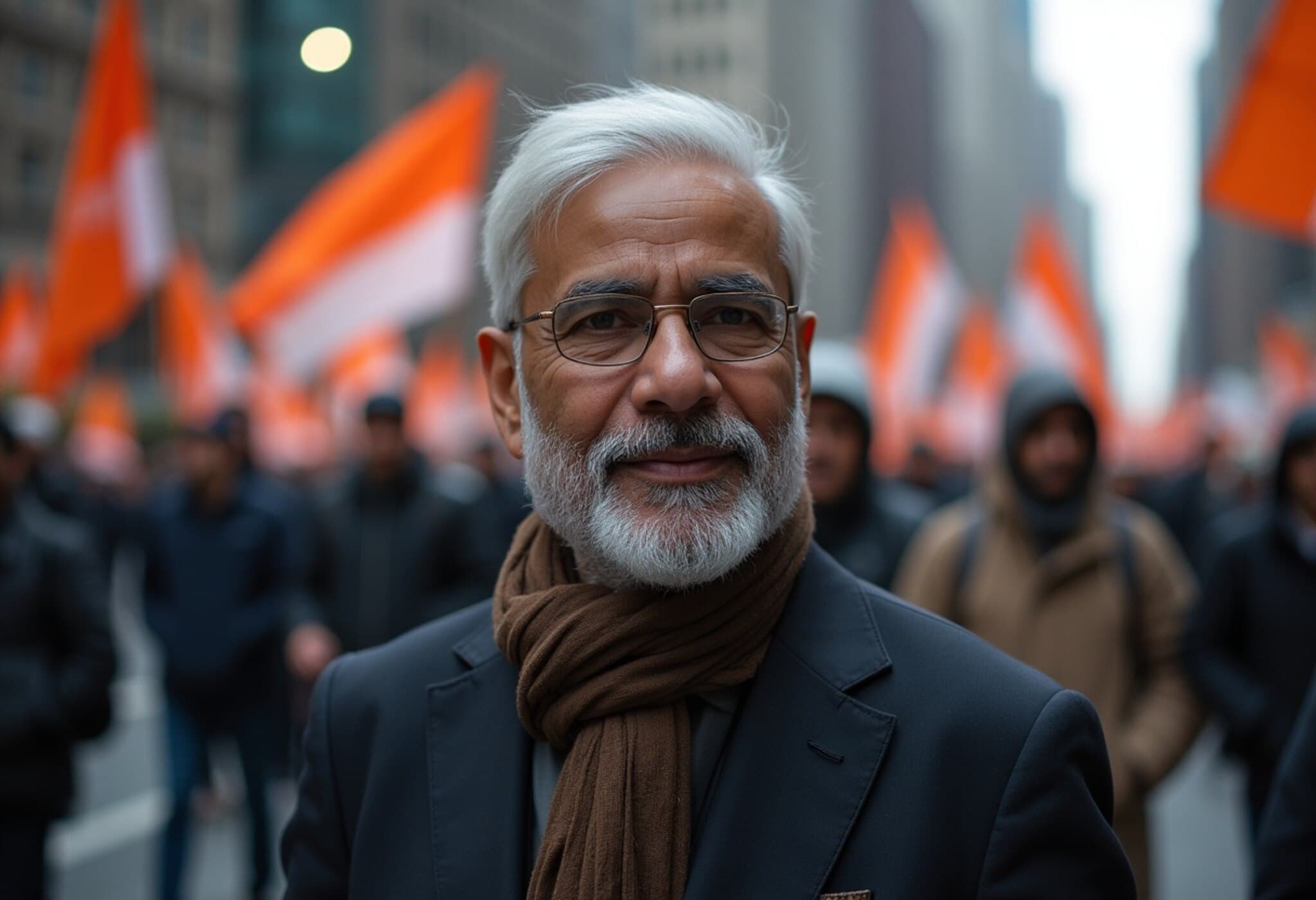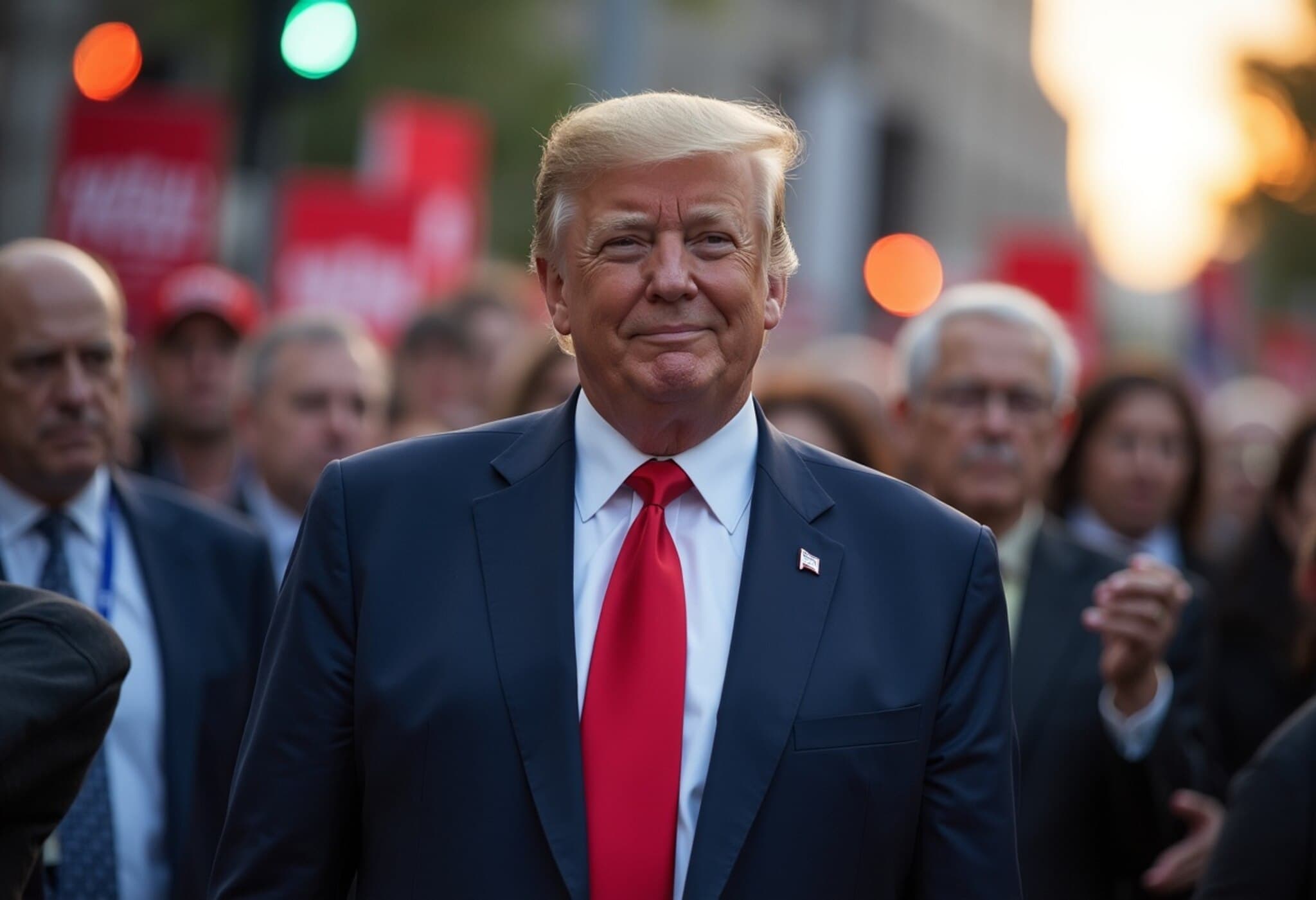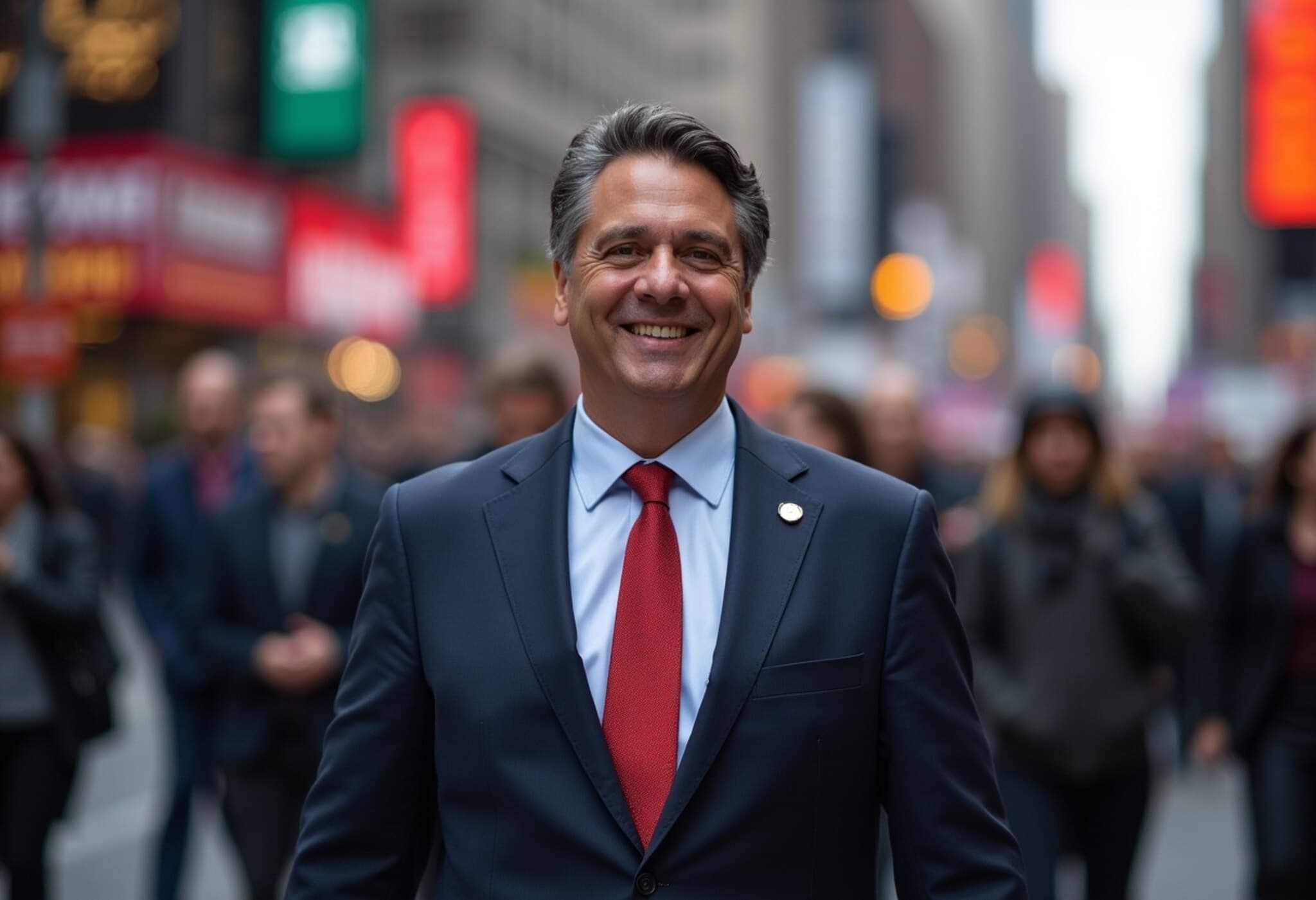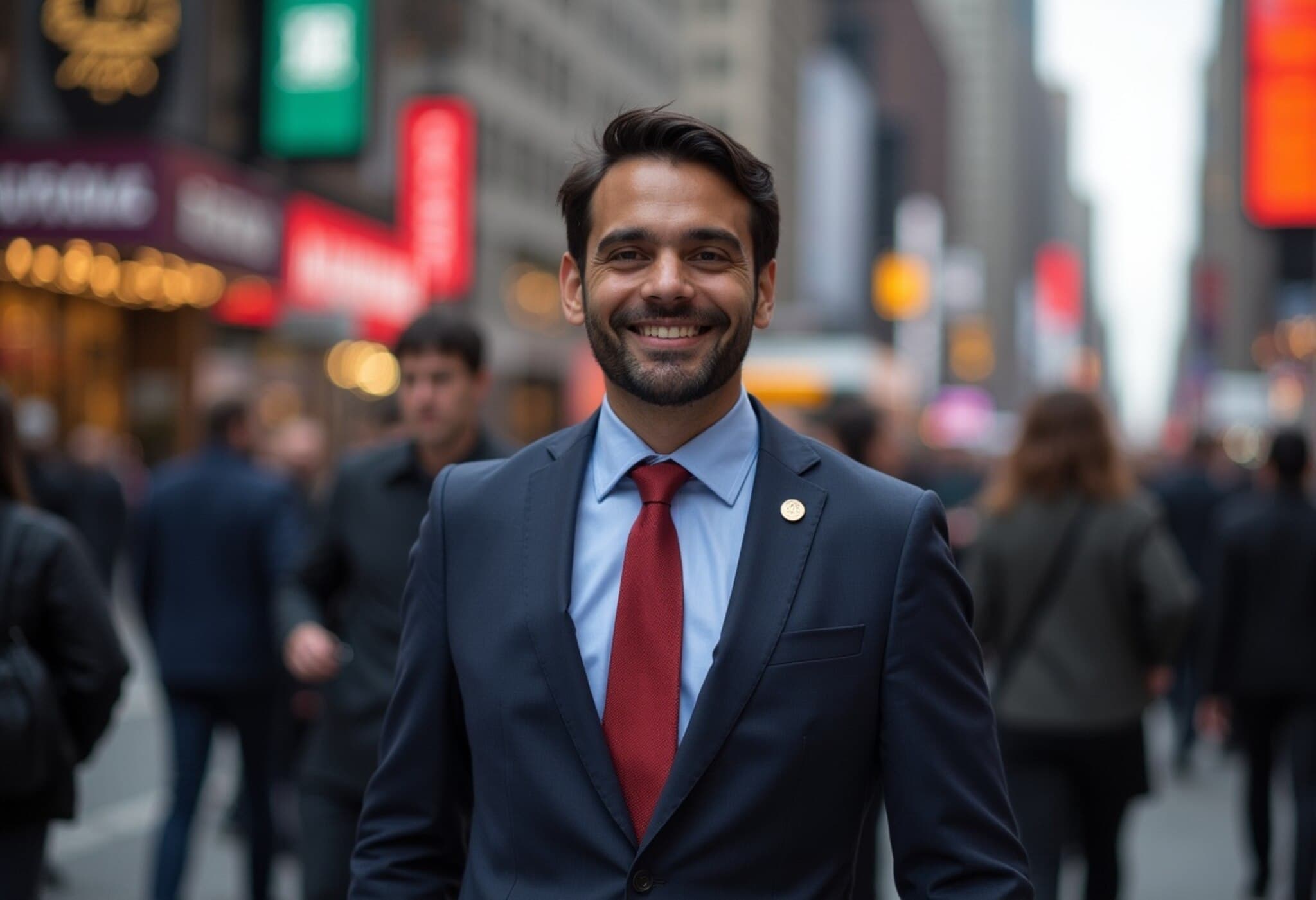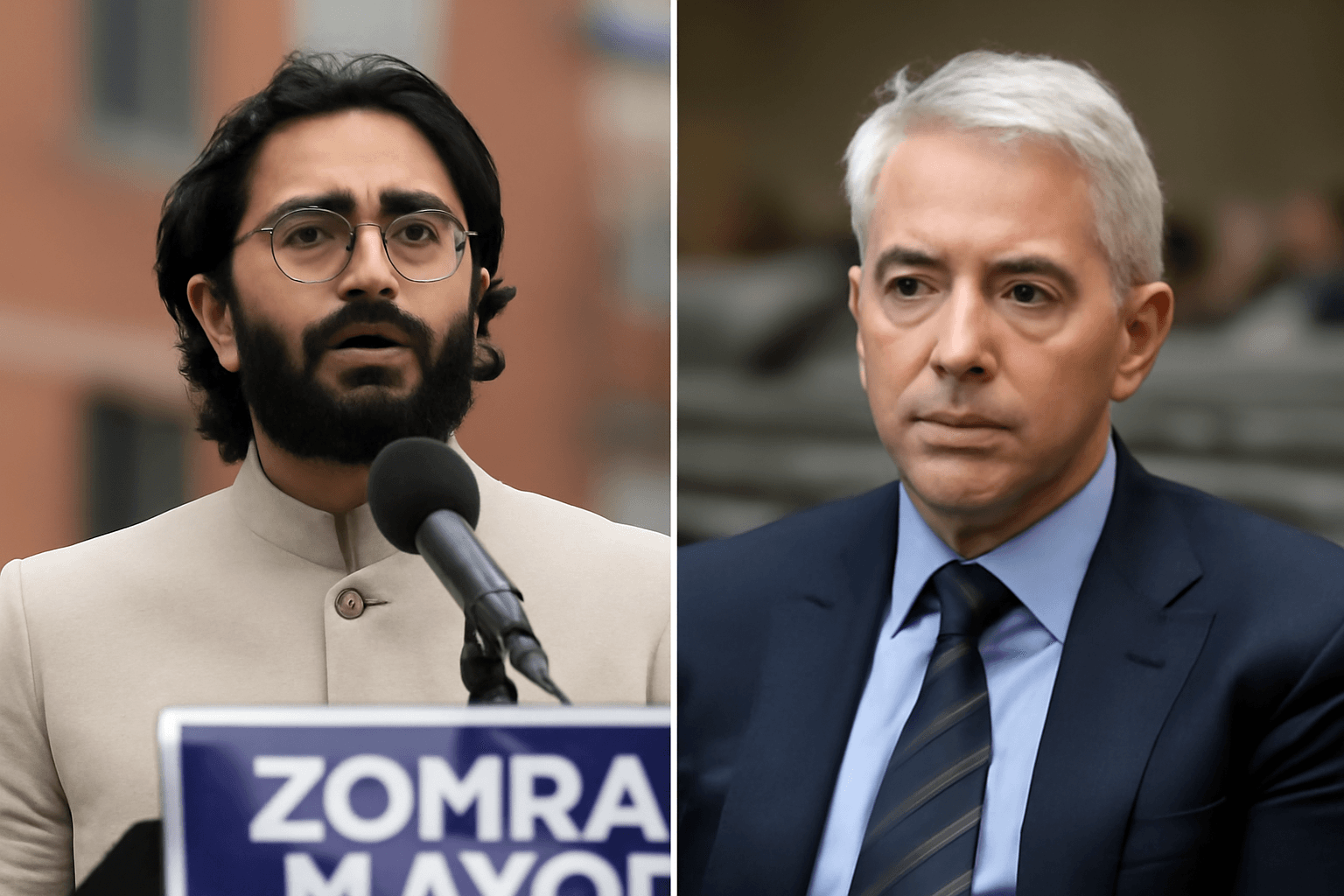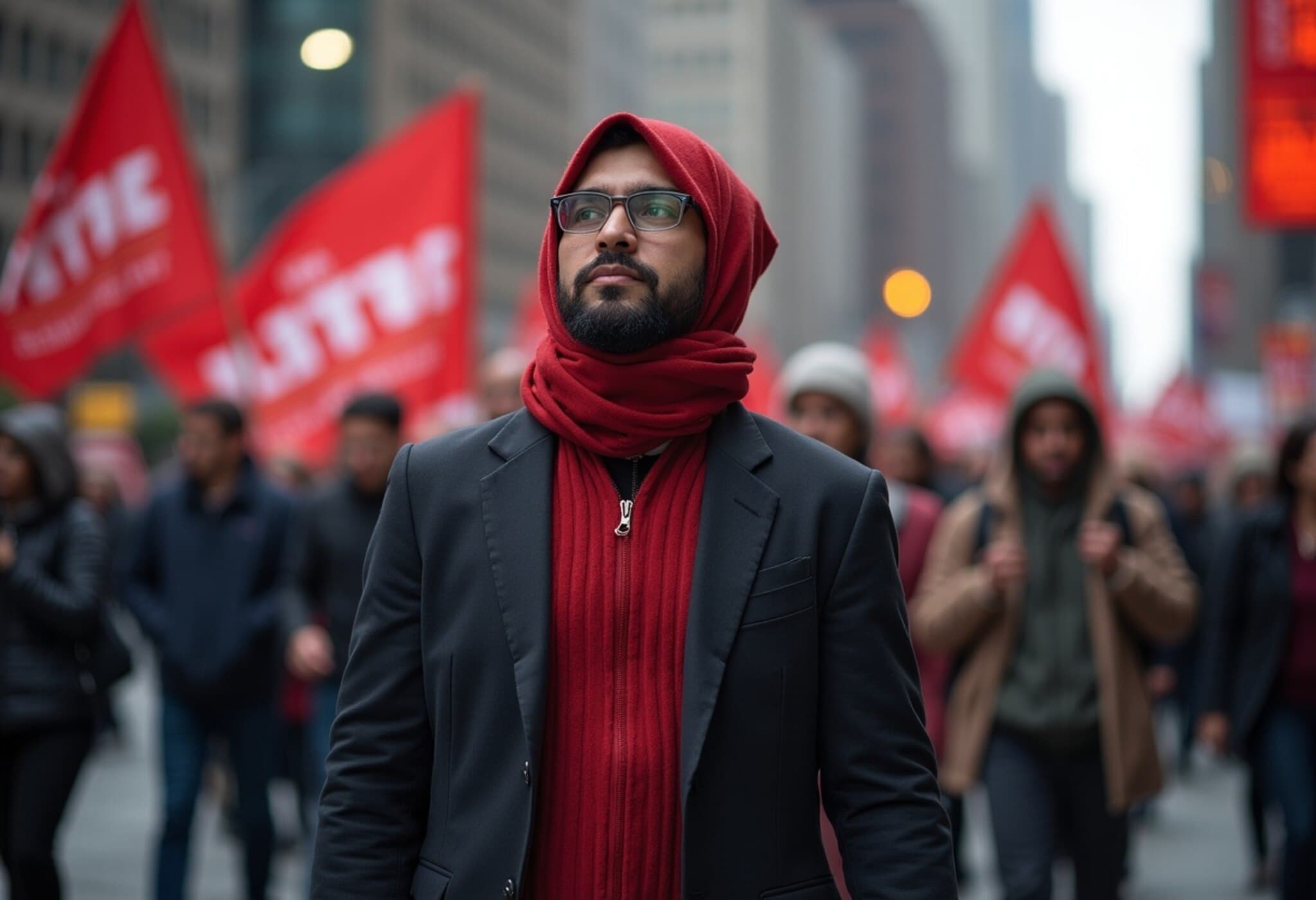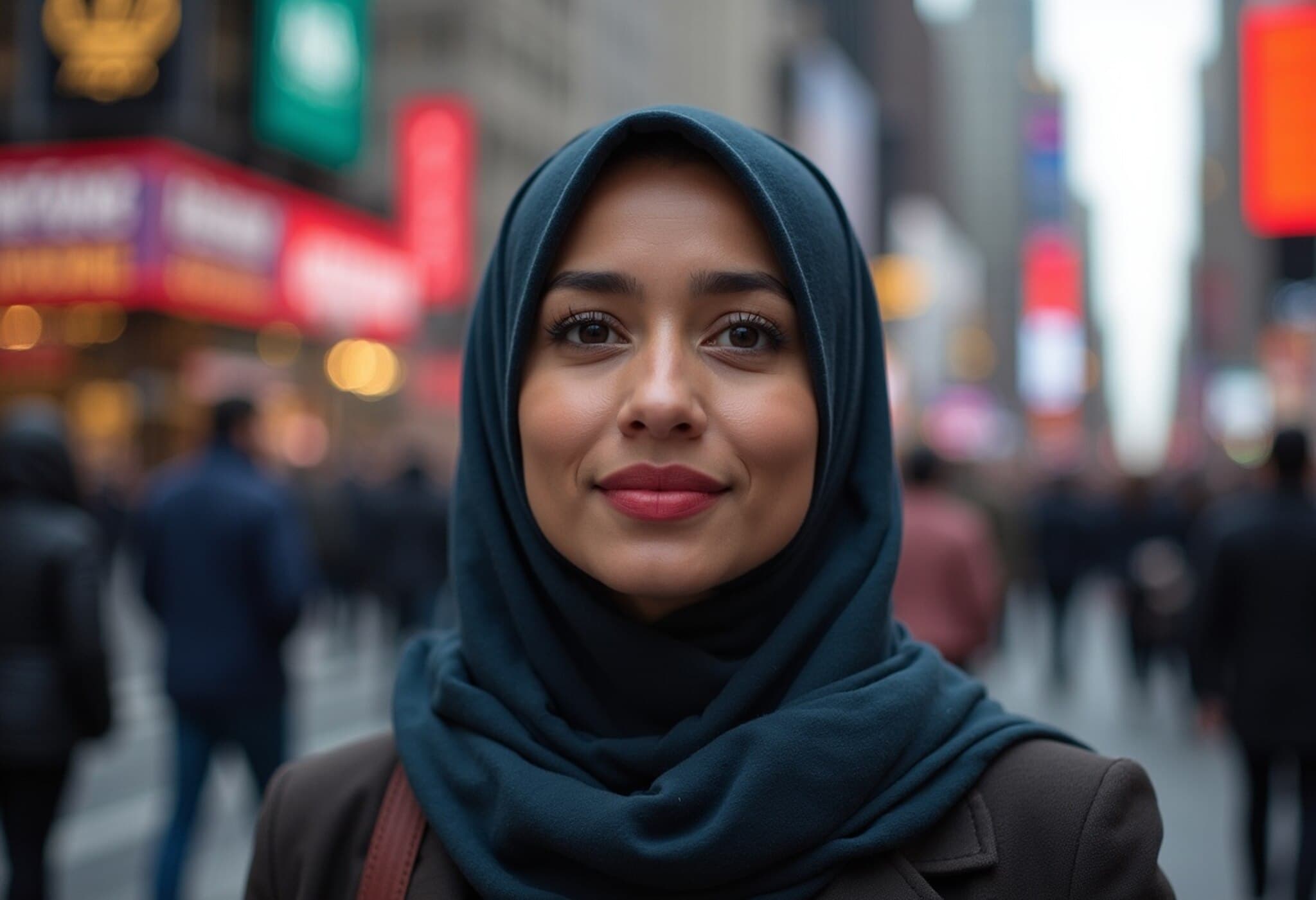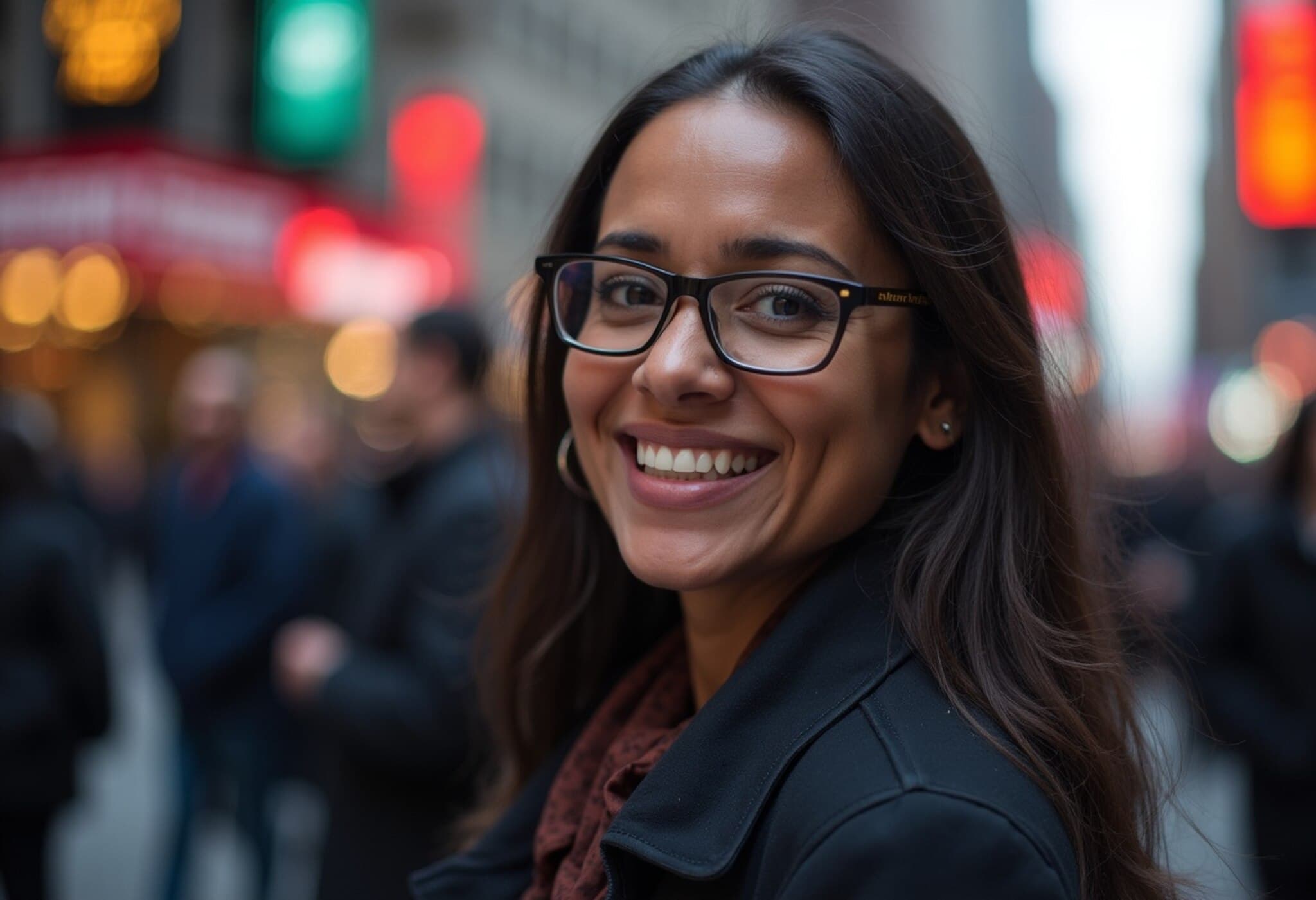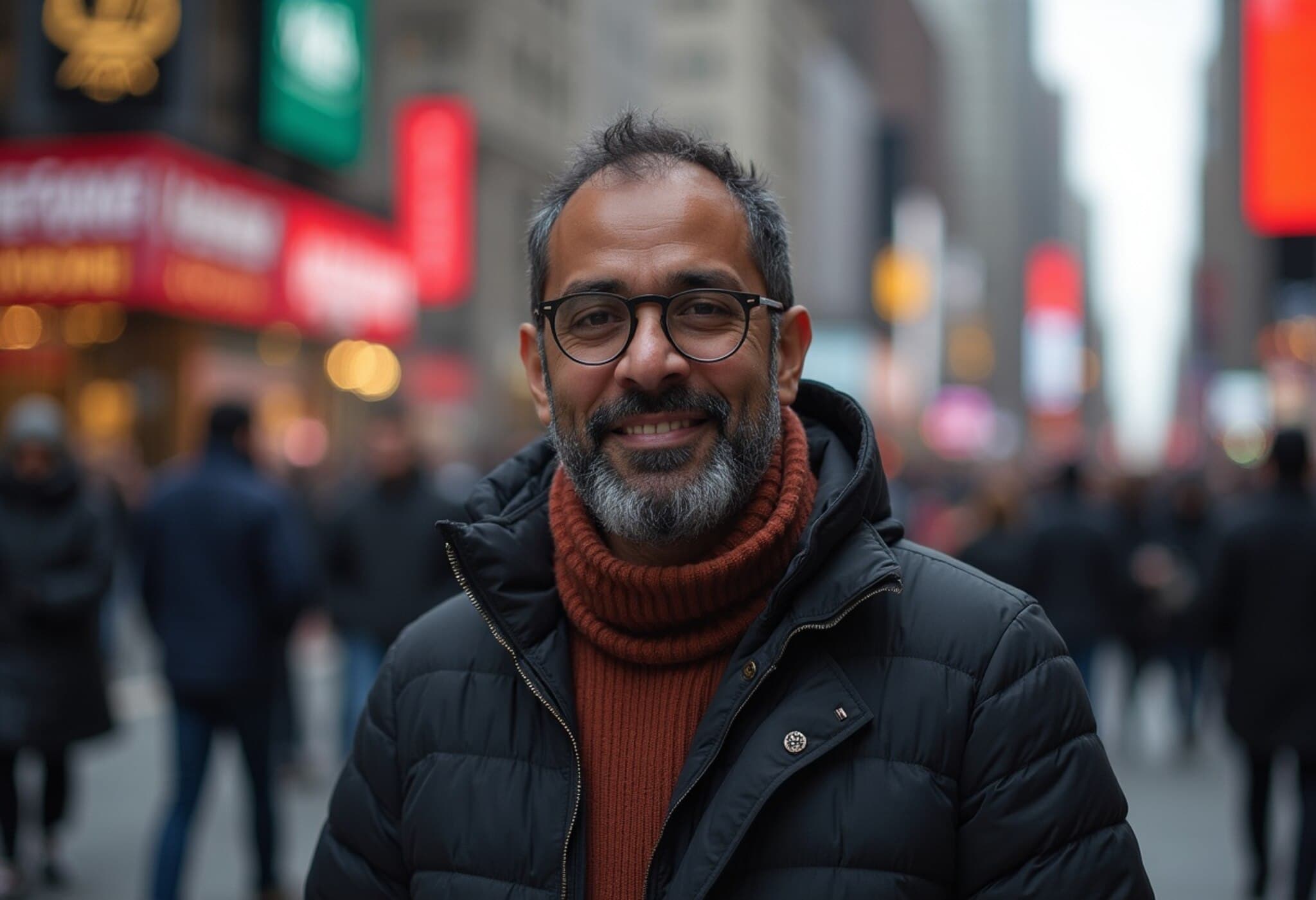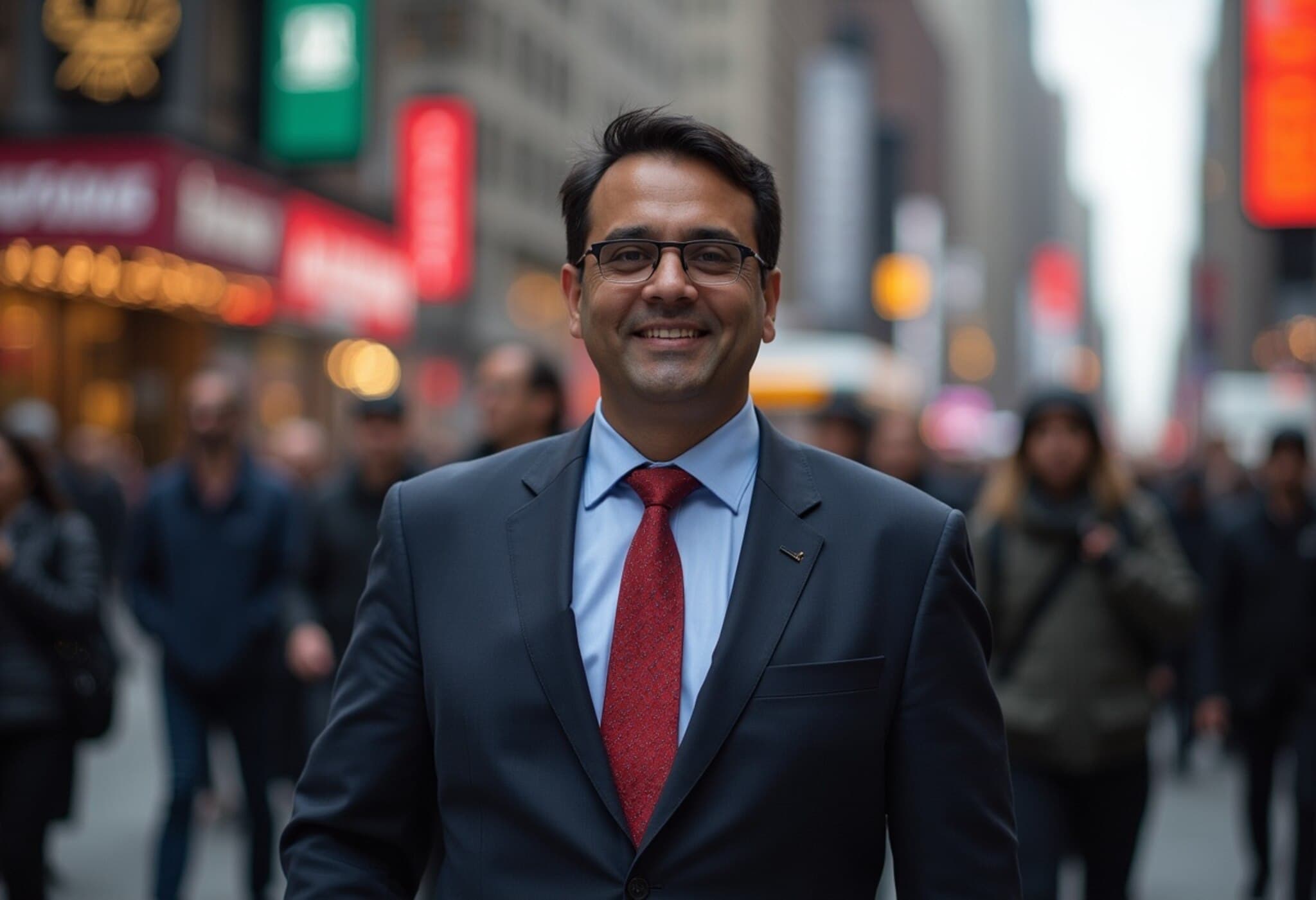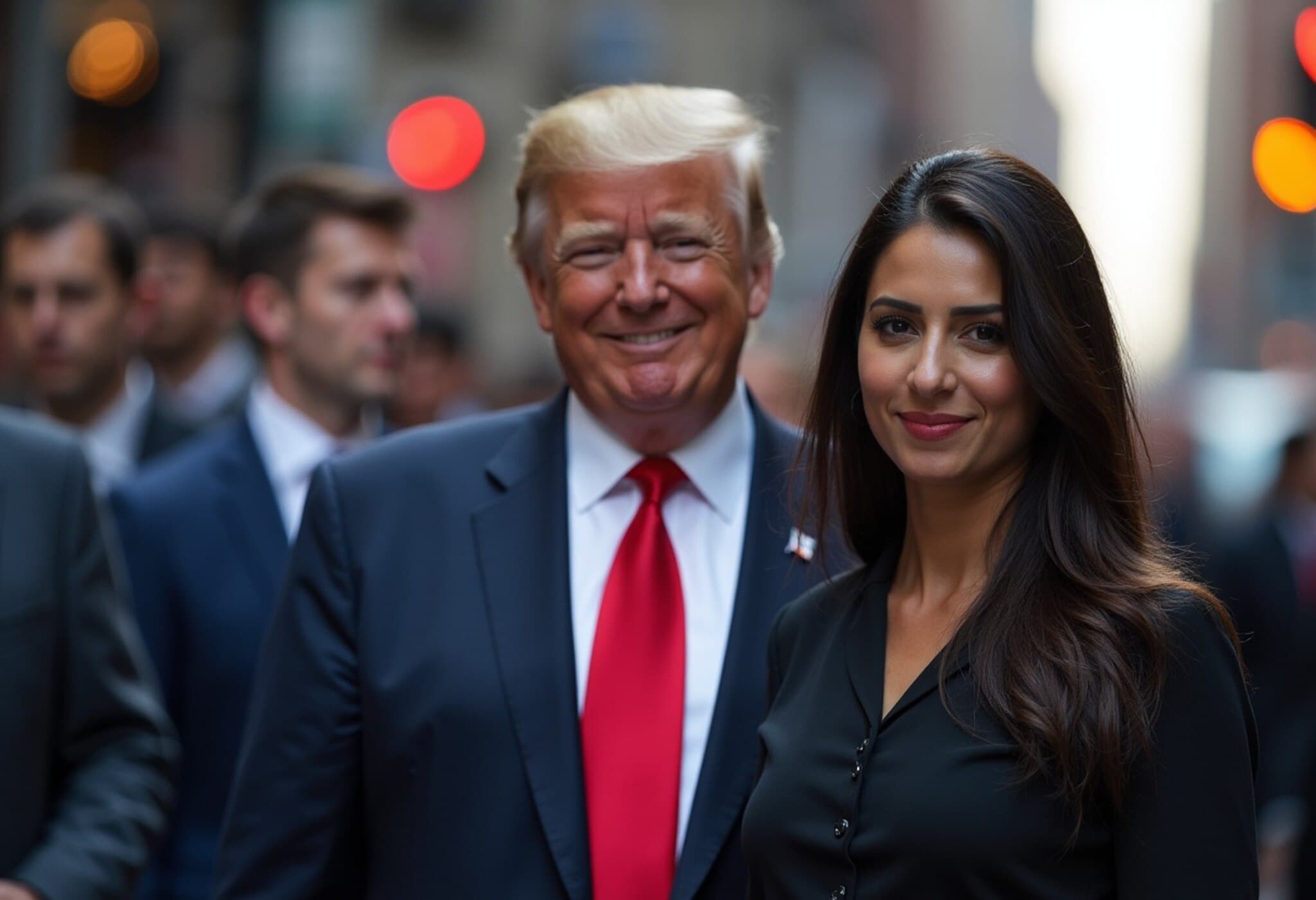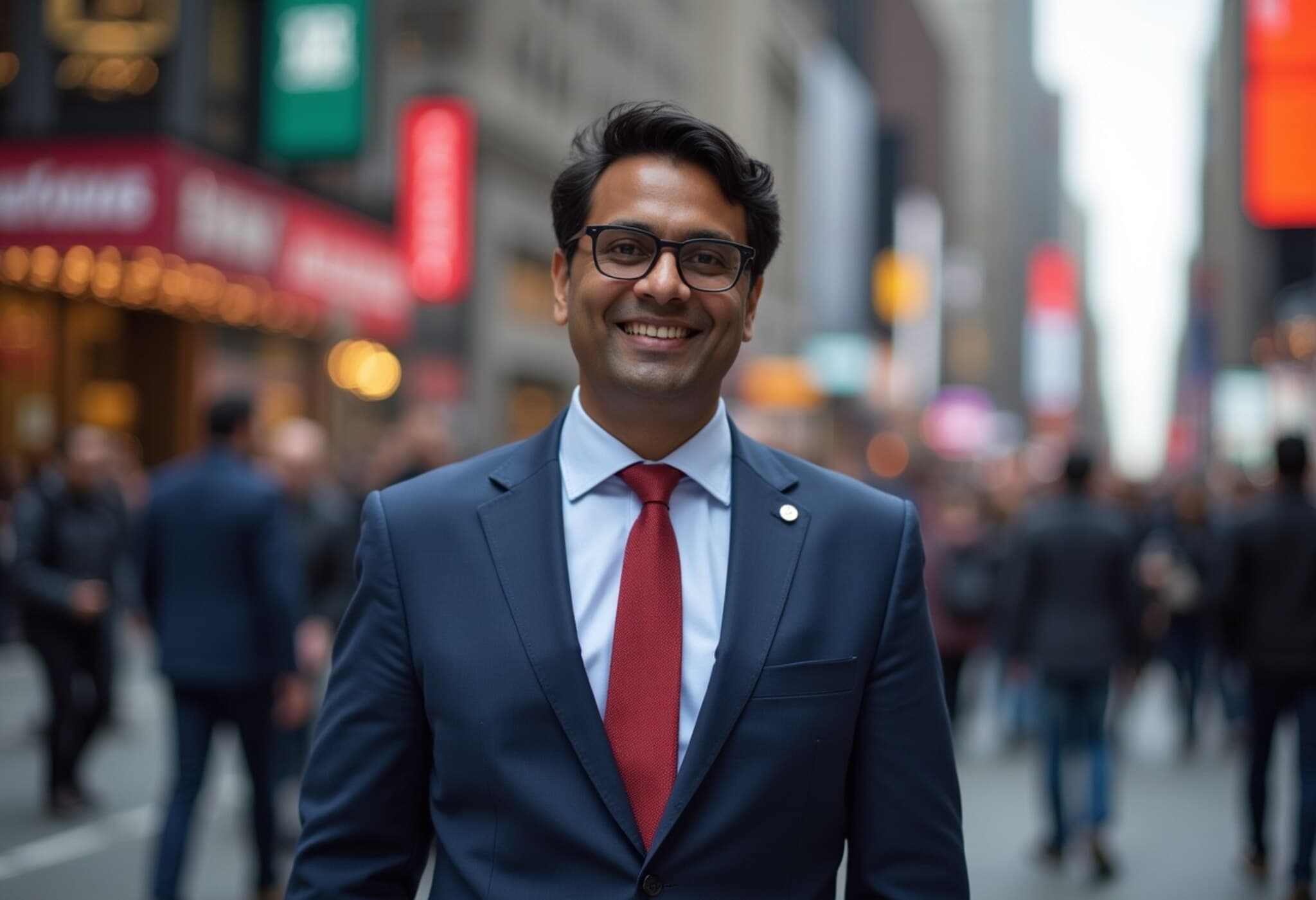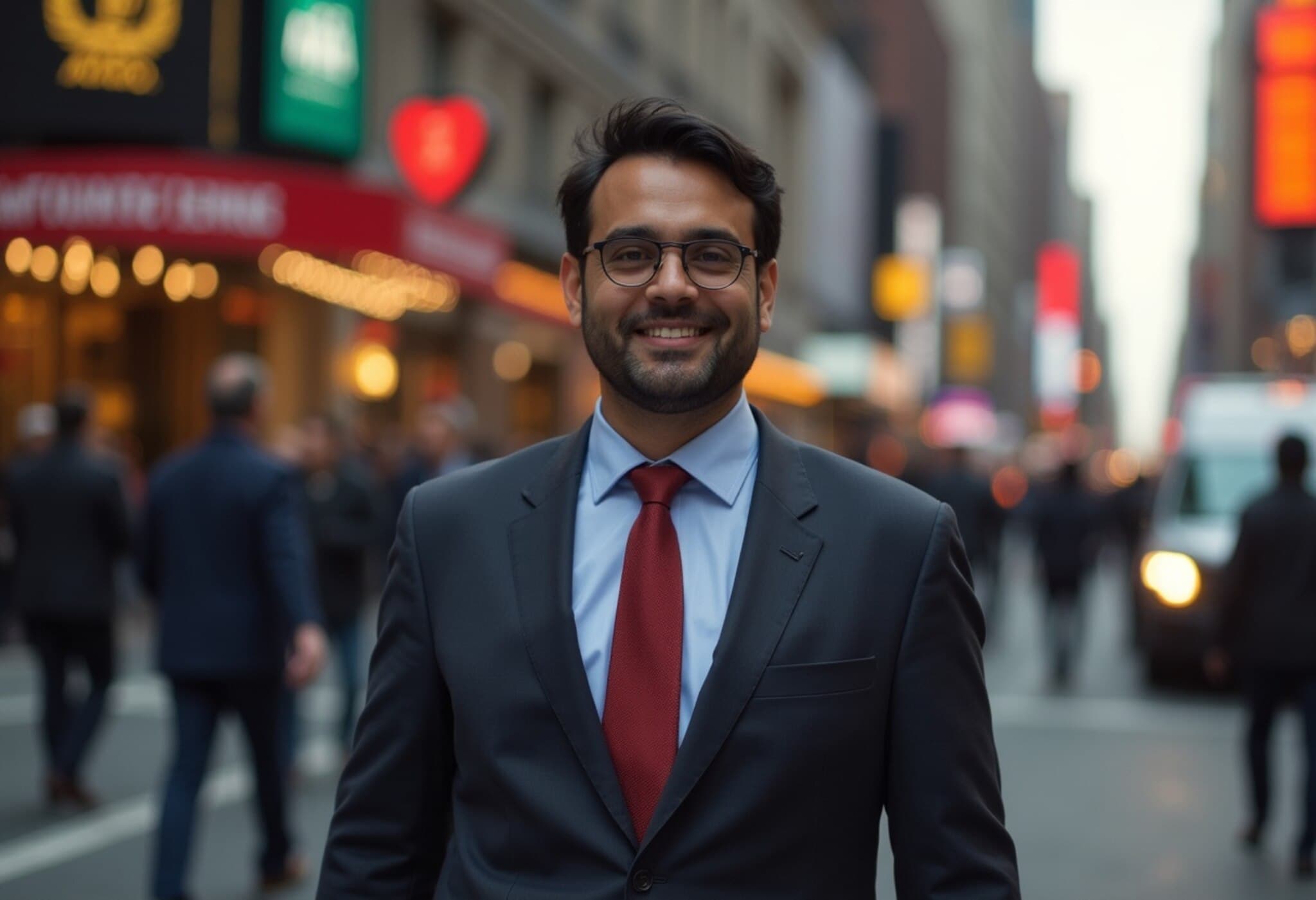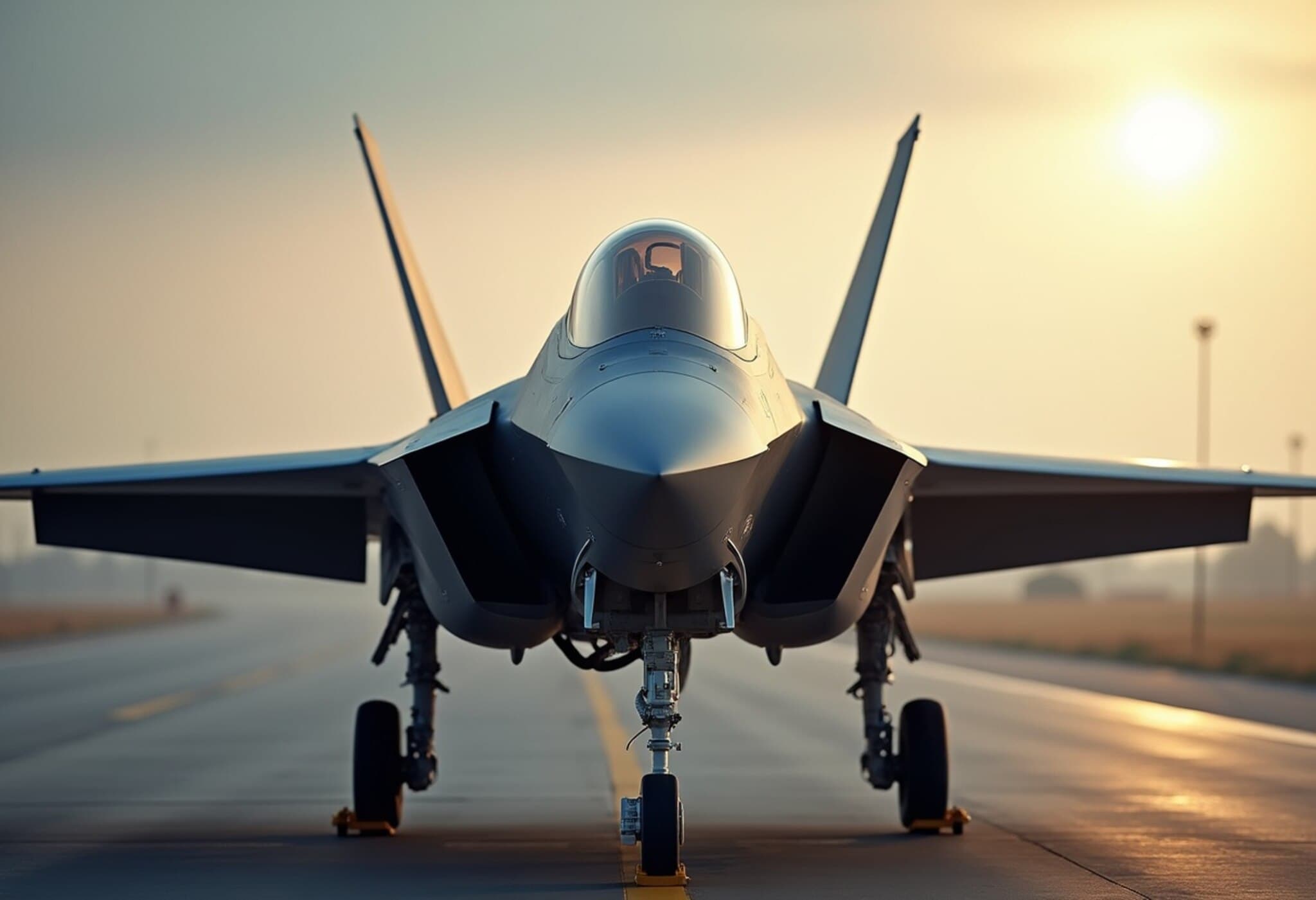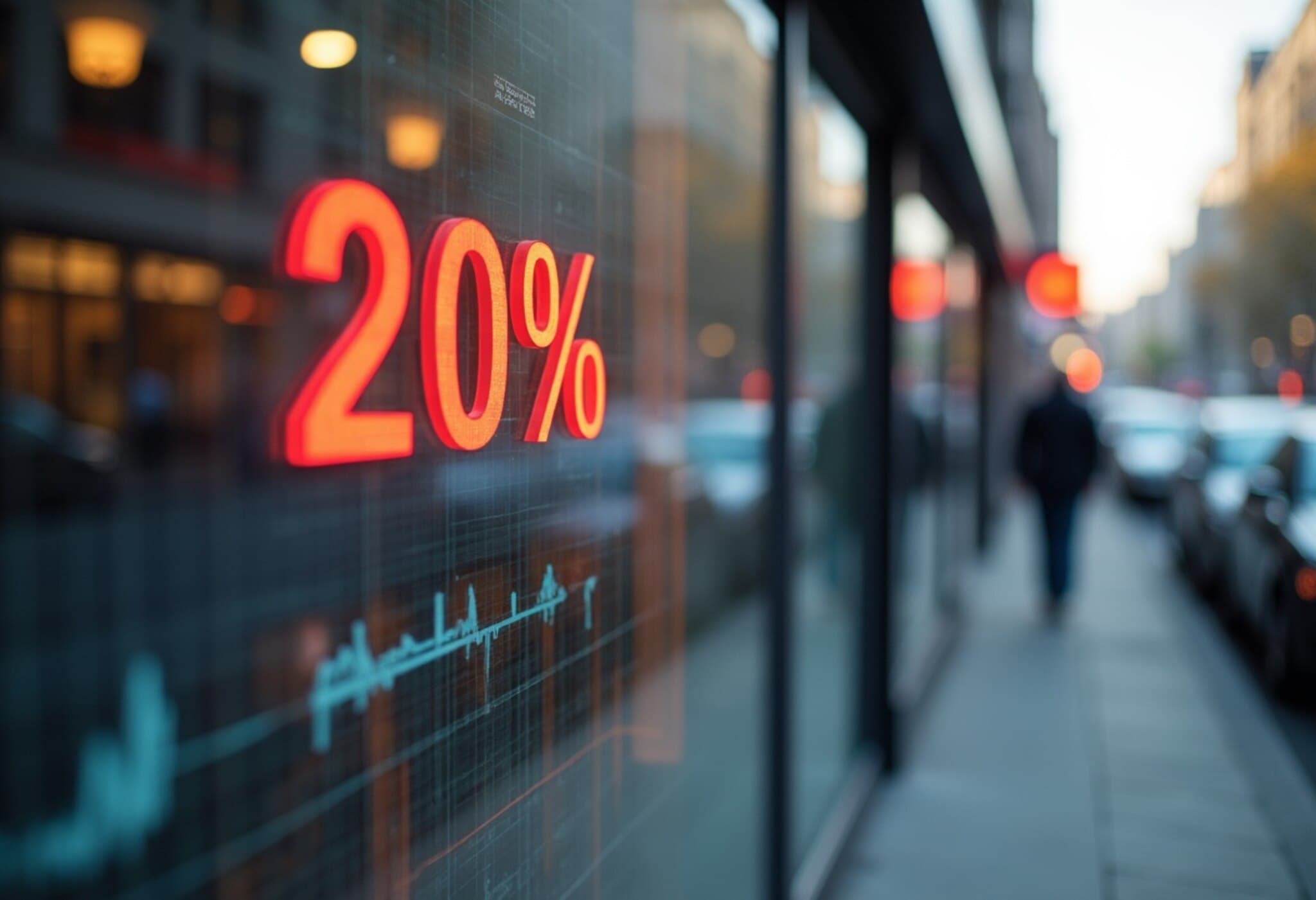Delhi's Sectarian Politics Reverberate in New York's Mayoral Election
As Zohran Mamdani edges closer to making history as New York City’s first Muslim mayor, his campaign is confronting an unexpected and deeply polarized backlash — not just on the streets of New York, but fueled by political forces thousands of miles away in India.
In June, just days before New York City Democrats voted for their mayoral nominee, a startling sight hovered near the Statue of Liberty: a plane trailing a massive banner declaring, “Save NYC from global intifada. Reject Mamdani.” The message, dripping with fear and condemnation, was a direct strike against Mamdani’s candidacy — but not originating from Jewish groups as many might expect. Instead, the protestors were largely Indian-American Hindu nationalists, supporters of India's Prime Minister Narendra Modi, mounting a transnational campaign accusing Mamdani of harboring an anti-Hindu and anti-Indian agenda.
From New Delhi to New York: Modi's Influence Extends Abroad
Modi’s brand of political Hindu nationalism, entwining religion with state identity, has long marginalized India’s Muslim minority. Mamdani, a Muslim American of South Asian descent, has openly criticized Modi and his party’s policies, branding the prime minister’s government a threat to India's pluralism. His vocal positions include
- Opposing Modi’s visits to New York.
- Calling Modi a “war criminal” in May 2025.
- Advocating for returning donations from Indian Americans allegedly linked to Hindu nationalism.
- Participating in protests against Hindu temple constructions over disputed mosque sites back in India.
This activism has stirred fierce resentment among right-wing Hindu groups both within India and among its sizable diaspora in the United States, leading to coordinated efforts to undermine Mamdani's appeal to voters, particularly within South Asian communities.
The Divided South Asian Diaspora in NYC
New York’s South Asian population — numbering around 300,000 — is far from monolithic. Pew Research estimates Hindus comprise approximately 2% of the city's total population, roughly 80,000 individuals, many of whom are part of engaged, politically active communities.
While Mamdani has galvanised younger, working-class Muslim and liberal South Asians, who see in him a beacon of representation and progressive politics, many Hindu voters and organizations perceive him as antagonistic towards their identity and heritage.
These divisions play out starkly in neighborhoods where demographic enclaves intersect with political leanings. Mamdani secured strong support in certain majority-Asian districts but faces skepticism and outright opposition in others.
Modi-Aligned Organizations Shape American Political Dynamics
Critics of Mamdani cite his father’s origins from Gujarat — Modi’s home state, infamous for sectarian violence against Muslims — and his mother Mira Nair’s outspoken progressive activism, to cast him as a figure of discord.
Several Indian-American groups with deep connections to Modi’s Bharatiya Janata Party (BJP) have engaged in efforts to sway elections, leveraging both soft power and grassroots mobilization:
- The Gujarati Samaj of New York maintains direct ties with Modi, visiting him earlier this year and fundraising for Mayor Eric Adams, Mamdani’s independent opponent.
- Indian Americans for Cuomo PAC financed the controversial aerial banner over the Statue of Liberty, signaling a rejection of Mamdani.
- The Hindu American Foundation, a prominent advocacy group, has publicly criticized Mamdani’s candidacy and condemned his rhetoric.
The campaign against Mamdani is amplified daily through a global web of media outlets and social media accounts aligned with Hindu nationalist ideology — flooding platforms like X (formerly Twitter) with hundreds of hostile posts in mere weeks.
Expert Insight: The Complex Intersection of Identity and Politics
Rohit Chopra, a Santa Clara University professor focusing on Hindu nationalism, notes that Mamdani’s Muslim identity combined with his forthright criticism of Modi has been “weaponized” both against him among Indian Americans and as political fodder within India itself.
Raqib Naik of the Center for the Study of Organized Hate warns that this phenomenon exemplifies how international sectarian politics can directly influence local American elections through diaspora communities — complicating the otherwise straightforward civic discourse.
Navigating a Divided Electorate: Challenges Ahead for Mamdani
Though Mamdani has distanced himself somewhat from the most incendiary phrases like “global intifada,” which many interpreted as glorifying violence, questions remain about how he will balance his candidacy’s progressive edge with the need to build broader coalitions — especially among Hindu voters wary of his stance on India.
His reluctance to engage deeply with the topic of Indian politics in recent weeks suggests a strategic recalibration as he moves toward the general election, where securing moderate and diverse support will be critical.
New York City’s mayor wields significant influence not just locally but on the world stage — especially in areas of economic policy, urban governance, and global diplomacy. Mamdani’s ascension could mark a milestone for representation but also spotlights the enduring reality of transnational political influences in American democracy.
Conclusion: The Crossroads of Identity, Politics, and Global Influence
Zohran Mamdani’s mayoral race reveals much more than a contest for municipal power; it illuminates how identities forged abroad intertwine with local U.S. politics in the age of globalization. The Hindu nationalist pushback underscores the challenge minority candidates face when their political positions resonate — and sometimes clash — with diasporic communities affected by homeland conflicts.
As November approaches, voters and analysts alike will watch closely: will Mamdani moderate his rhetoric to break barriers, or continue to forefront his bold critique of Modi’s India, risking further alienation of potential allies? Ultimately, this race may reshape conversations around identity, diaspora, and political allegiance in one of the world’s most diverse cities.
Editor’s Note
Zohran Mamdani’s path to the mayoralty serves as a compelling case study in the globalization of local politics, illustrating how homeland conflicts ripple through immigrant communities — affecting civic participation and electoral outcomes. Readers should consider the complexities of diasporic loyalty and the impact of transnational political movements, both on U.S. democracy and the broader struggle for inclusive representation.
What future does this open for candidates navigating multiple identities? How might political lobbying from abroad shape American electoral landscapes going forward? These are crucial questions as the boundaries between local and global politics continue to blur.

